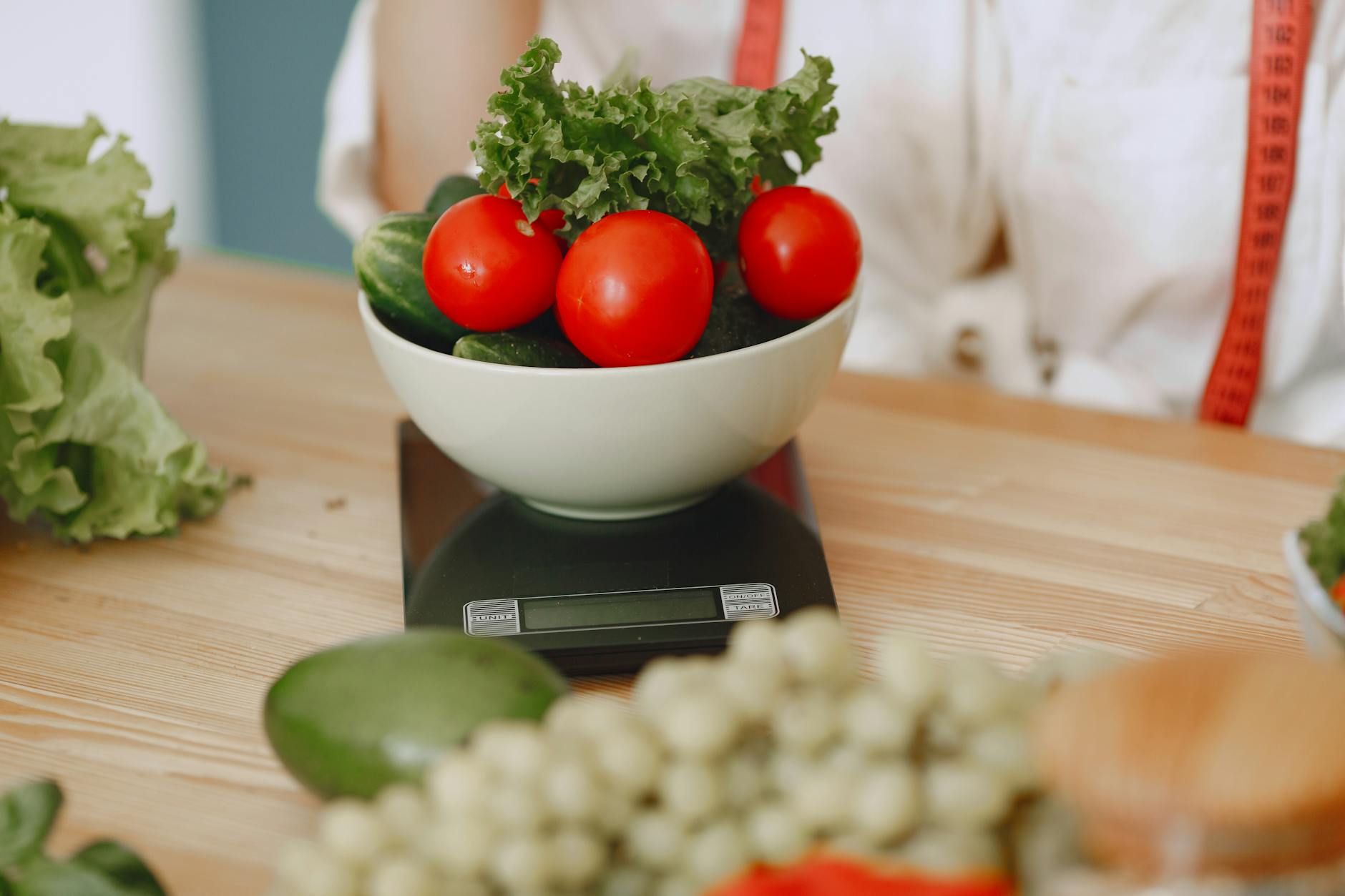Food Scale: Effortless Healthy Portion Control
Are you looking to take control of your portions and improve your overall health? Utilizing a food scale can be a game-changer in your journey towards a healthier lifestyle. Portion control is a vital aspect of maintaining a balanced diet and achieving your wellness goals. By incorporating a food scale into your daily routine, you can easily track your food intake with precision and accuracy. Let’s delve into how a food scale can make portion control effortless and help you make informed choices about your nutrition.
Understanding the Importance of Portion Control
Portion control plays a crucial role in managing weight and promoting overall well-being. In today’s world, where oversized portions have become the norm, it is easy to consume more calories than your body needs. By using a food scale, you can measure your food accurately and avoid overeating. This simple tool empowers you to be mindful of your portion sizes and make conscious decisions about what you eat.
How a Food Scale Works
A food scale is a device used to accurately measure the weight of food items. By weighing your food, you can determine the exact portion size and track your calorie intake more effectively. Food scales come in various designs, including digital and analog models, and offer different weight capacities. Some advanced food scales even provide nutritional information for the foods you weigh, making it easier to monitor your macros and micronutrients.
Benefits of Using a Food Scale for Portion Control
1. Precision: A food scale allows you to measure your food with precision, ensuring that you are not consuming more calories than you intended.
2. Consistency: By consistently measuring your food portions, you can develop healthy eating habits and better control your calorie intake.
3. Awareness: Using a food scale raises awareness of portion sizes and helps you understand proper serving sizes for different foods.
4. Accountability: Tracking your food intake with a food scale holds you accountable for what you eat and can help you stay on track with your dietary goals.
Tips for Using a Food Scale Effectively
– Calibrate your scale: Regularly calibrate your food scale to ensure accurate measurements.
– Weigh your food raw: For the most accurate calorie counting, weigh your food items in their raw state.
– Use a variety of units: Some food scales offer the option to measure in different units like grams, ounces, or pounds. Choose the unit that works best for you.
– Measure your liquids: Food scales can also measure liquids by weight, providing more accurate measurements than using volume-based methods.
Incorporating a Food Scale Into Your Routine
To make the most of your food scale and achieve effective portion control, consider the following tips:
1. Plan your meals: Before cooking or eating, portion out your ingredients using the food scale to stick to your meal plan.
2. Keep it handy: Place your food scale in a convenient spot in your kitchen so that you can easily access it when preparing meals.
3. Educate yourself: Learn about proper portion sizes for different food groups to make informed decisions when using your food scale.
Final Thoughts
In conclusion, a food scale is a valuable tool for anyone looking to improve their portion control and make healthier choices. By incorporating a food scale into your daily routine, you can take the guesswork out of portion sizes and gain a better understanding of your nutritional needs. Whether you are aiming to lose weight, maintain a healthy diet, or simply adopt a more mindful approach to eating, a food scale can be a practical and effective solution. Embrace the power of portion control with a food scale and pave the way towards a healthier, happier you.



